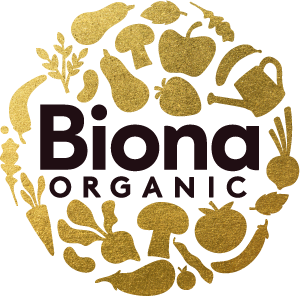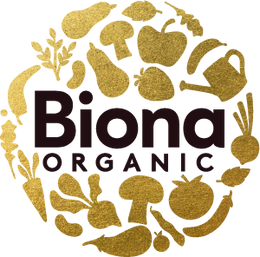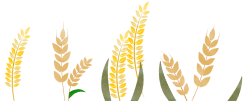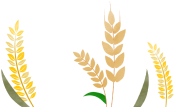Organic for Pollinators - Organic for the Planet
Part 2 of our pollination series looks at how environmental damage and pollinator decline go hand-in-hand. But don't worry, it's not all doom and gloom! We talk solutions and explore how going organic could save the planet.
Heroes of Nature
Our introduction to the series explored the basics of pollination - the important work of bees and other wildlife.
To recap: these heroes of nature carry pollen from plant to plant, playing the middle-men to fertilisation. This crucial process allows plants to fruit, seed and breed.
So, pollinators help produce food for us and for other plant-eaters throughout the food web. They also play a big part in the creation of habitats for other animals.
In short, pollinators are right at the centre of a healthy eco-system. All in a day’s work!
Pollinators and the Planet
Our modern ways of life are taking their toll – on pollinators and on the planet at large. Here are some of the culprits:
Intensive Farming
Organic farming works with nature and prioritises quality. Intensive farming, on the other hand, prioritises maximum yield and minimum cost. It aims to keep up with growing demand by trying to outsmart nature.
Techniques such as nitrogen-fixing, genetic modification and use of harmful chemicals protect the farmers' yield, but the knock-on effects on nature are alarming. For example, fertilisers and pesticides are environmental pollutants – they kill wildlife, including our precious pollinators.
While organic farming trusts in nature, intensive farming disrupts it. The long-term consequences are, as yet, untold. What we do know is that the forecast looks bleak, with pollinator numbers in rapid decline.
Mono-cropping
Intensive farmers use the same land year after year to grow a single crop. Unlike crop rotation, which gives the soil a chance to recover, mono-cropping relies on chemicals and eventually severely depletes the soil of its natural nutrients.
As if that weren’t enough, the single crop attracts bugs and parasites and they set up shop on the land. Bad news for farmers, who turn to pesticides to keep them away – with dire consequences for pollinators.
Climate Change
The food industry has to face up to responsibility – as the producer of one quarter of global greenhouse gas emissions, it is a massive contributor to climate change. Global warming negatively impacts honeybee and bumblebee populations, which will eventually affect food production. Even if only to protect itself, the food industry needs to make a change.
Bring Back our Bees
While over 75% of crops depends on pollinators, a single visit by a single bee isn’t enough to fertilise a plant. Repeated visits by many pollinators produce better quality, more uniform fruits. Pollinator-friendly farming naturally results in lower malformation and produces bigger and better harvests.
Foodies and environmentalists alike, take note: we cannot afford to lose our bees!
Go Organic - Save the Planet
What can be done? At Biona, we believe a return to nature-sensitive, organic farming methods is key. Practices that protect wildlife and promote pollination long-term. Techniques that treasure our planet.
The good news is that the organic food market is growing and shows no sign of slowing down. We’re organic pioneers, championing this way of doing things since our inception 35 years ago. We believe in 100% traceability and use only certified organic ingredients. We’re helping to restore nature’s balance, defend pollinators and protect our planet. By choosing organic foods, you're doing the same.
If you're looking for some organic inspiration, check out our recipes...our online shop is open if you need to stock up your pantry.









